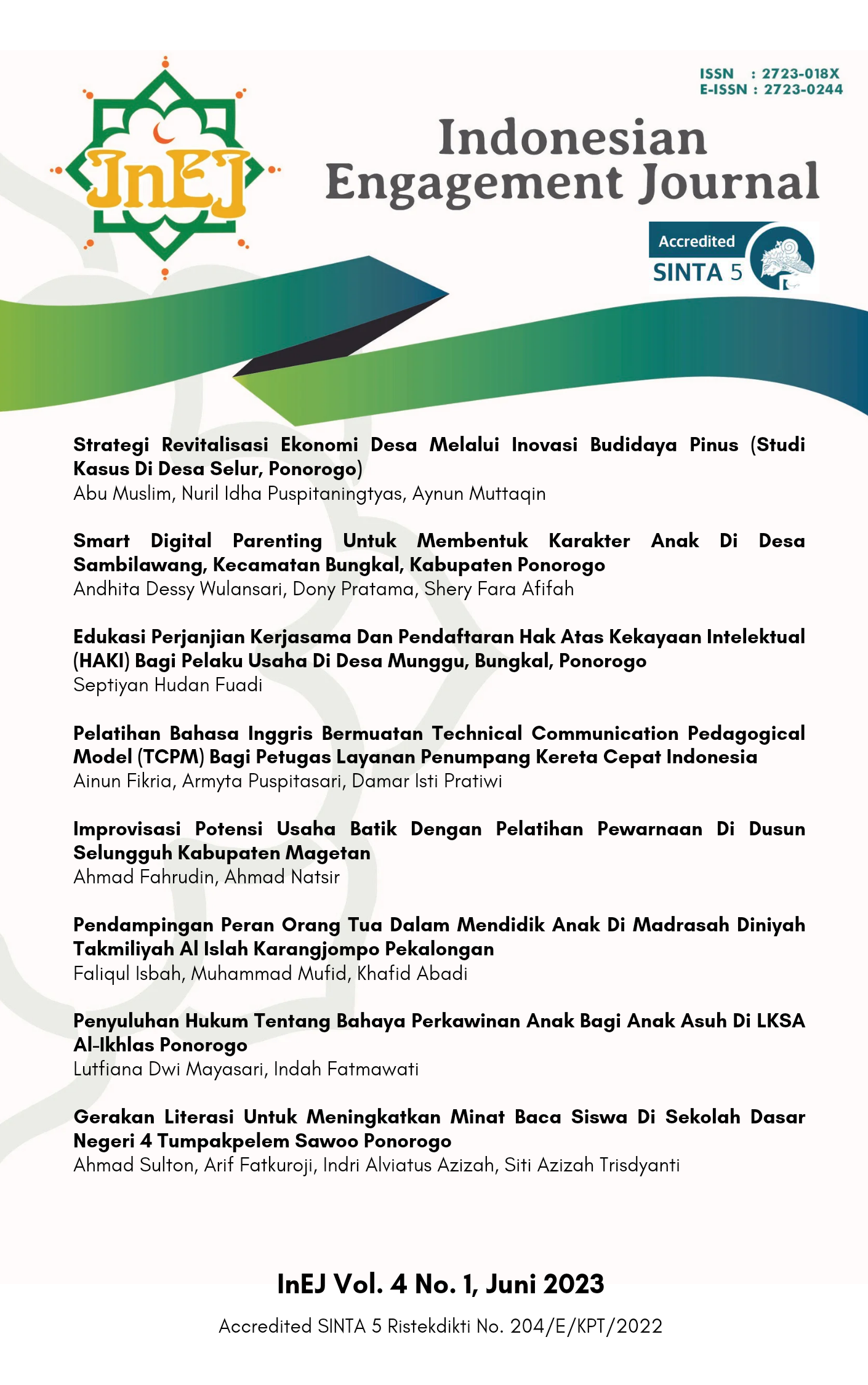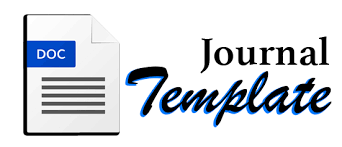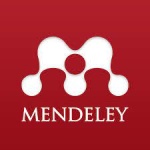GERAKAN LITERASI UNTUK MENINGKATKAN MINAT BACA SISWA DI SEKOLAH DASAR NEGERI 4 TUMPAKPELEM SAWOO PONOROGO
DOI:
https://doi.org/10.21154/inej.v4i1.7962Keywords:
Gerakan literasi, minat baca, SDN TumpakpelemAbstract
Gerakan literasi di SDN 4 Tumpakpelem Sawoo Ponorogo perlu lebih disosialisasikan, terutama kepada siswa dengan minat baca rendah. Tujuan penelitian ini yaitu untuk mendeskripsikan pelaksanaan gerakan literasi di Sekolah Dasar Negeri 4 Tumpakpelem Sawoo Ponorogo. Metode yang digunakan dalam penelitian ini adalah Asset-Based Community Development (ABCD) menunjukkan pelaksanaan gerakan literasi masih pada tahap pembiasaan. Hasil penelitian ini menunjukan bahwa pelaksanaan gerakan literasi di Sekolah Dasar Negeri 4 Tumpakpelem masih pada tahap pembiasaan. Sosialisasi intensif diperlukan untuk meningkatkan pemahaman akan pentingnya literasi. Faktor pendukung melibatkan dukungan stakeholder dan antusiasme siswa, sementara faktor penghambat termasuk kurangnya personil, ketidaktersediaan alat pengeras suara, dan jumlah buku yang terbatas. Perlu upaya lebih lanjut untuk mengatasi hambatan dan meningkatkan efektivitas gerakan literasi di sekolah tersebut.
References
Dhina Cahya Rohim, Septina Rahmawati. “Peran Literasi dalam Meningkatkan Minat Baca Siswa di Sekolah Dasar.” Jurnal Kajian Pendidikan dan Hasil Penelitian 6, no. 3 (2020): 4.
I Ketut Artana. “Upaya Menumbuhkan Minat Baca pada Anak.” ACARYA PUSTAKA 2, no. 1 (2016): 5.
Inawati. “Peran Perpustakaan Sekolah dalam Menciptakan Budaya Literasi Siswa pada Jenjang Pendidikan Menengah.” Literatify: Trends in Library Developments 3, no. 1 (2022): 5.
Ismail. “Pentingnya Sosialisasi bagi Anak (Studi Kajian Sosiologi Pendidikan).” Jurnal Ilmiah Sosiologi Agama 2, no. 1 (2019): 27.
Kanusta, Maria, Pieter Sahertian, dan Joice Soraya. “Implementasi Gerakan Literasi Minat Baca Dan Hasil Belajar | Jurnal Penelitian dan Pendidikan IPS.” Jurnal Penelitian Dan Pendidikan IPS 15, no. 02 (2021): 152”“56. https://doi.org/10.21067/jppi.v15i2.5678.
Lana Saputri,Fauzi, Nurhaidah. “Faktor-Faktor yang Mempengaruhi Literasi Anak Kelas 1 SD Negeri 20 Banda Aceh.” Jurnal Ilmiah Pendidikan Guru Sekolah Dasar FKIP Unsiyah 2, no. 1 (t.t.): 98”“104.
Narut, Yosef Firman, dan Kanisius Supardi. “LITERASI SAINS PESERTA DIDIK DALAM PEMBELAJARAN IPA DI INDONESIA.” JIPD (Jurnal Inovasi Pendidikan Dasar) 3, no. 1 (31 Januari 2019): 61”“69. https://doi.org/10.36928/jipd.v3i1.214.
Nashihin, Muhammad. “Studi Islam Perspektif Insider-Outsider Dalam Bingkai Pemikiran Kim Knott.” Rausyan Fikri: Journal of Islamic Studies 1, no. 1 (21 Januari 2023): 57”“71.
Nazilah, Azza, Difla Afia, dan Salsabila Humairo A. “Analisis Buku Ajar Bahasa Arab Kelas XII Madrasah Aliyah Berdasarkan KMA 183 Tahun 2019.” Rausyan Fikri: Journal of Islamic Studies 1, no. 1 (21 Januari 2023): 17”“34.
Nurul Ilmi, Neneng Sri Wulan,D Wahyudin. “Gerakan Literasi Sekolah dalam Meningkatkan Minat Baca Siswa Sekolah Dasar.” Jurnal Ilmu Pendidikan 3, no. 5 (2021): 28866”“28.
Pupu Saeful Rahmat. “Penelitian Kualitatif.” EQUILIBRIUM 5, no. 9 (2009): 2.
Purwo, Suciati. “Peran Gerakan Literasi Sekolah dalam Pembelajaran Kreatif-Produktif di Sekolah Dasar” 3, no. 1 (2017): 85”“88.
Rahayu, Triwati. “Penumbuhan Budi Pekerti Melalui Gerakan Literasi Sekolah,” 3 Agustus 2016. http://publikasiilmiah.ums.ac.id/handle/11617/7644.
Rohman, Syaifur. “MEMBANGUN BUDAYA MEMBACA PADA ANAK MELALUI PROGRAM GERAKAN LITERASI SEKOLAH.” Terampil: Jurnal Pendidikan dan Pembelajaran Dasar 4, no. 1 (5 Januari 2018): 151”“74. https://doi.org/10.24042/terampil.v4i1.2118.
Roy Gustaf Tupen Ama. “Minat Baca Siswa Ditinjau dari Persepsi Keterlibatan Orangtua dalam Pendidikan.” Edunesia: Jurnal Ilmiah Pendidikan 2, no. 1 (2021): 222.
Sulton, Ahmad. “The Educational Axiology of Al-Maqbul Traditional Pesantren.” Analisa: Journal of Social Science and Religion 8, no. 1 (31 Juli 2023): 137”“55. https://doi.org/10.18784/analisa.v8i1.1843.
””””””. “The Educational Epistemology Of Traditional Pesantren.” TADRIS: Jurnal Pendidikan Islam 17, no. 2 (31 Desember 2022): 380”“94. https://doi.org/10.19105/tjpi.v17i2.7044.
Sutrisna, I. Putu Gede. “GERAKAN LITERASI DIGITAL PADA MASA PANDEMI COVID-19.” Stilistika : Jurnal Pendidikan Bahasa Dan Seni 8, no. 2 (2020): 269”“83. https://doi.org/10.59672/stilistika.v8i2.773.
Wahidin, Unang. “IMPLEMENTASI LITERASI MEDIA DALAM PROSES PEMBELAJARAN PENDIDIKAN AGAMA ISLAM DAN BUDI PEKERTI.” Edukasi Islami: Jurnal Pendidikan Islam 7, no. 02 (6 September 2018): 229”“44. https://doi.org/10.30868/ei.v7i2.284.
Wandasari, Yulisa. “IMPLEMENTASI GERAKAN LITERASI SEKOLAH (GLS) SEBAGAI PEMBENTUK PENDIDIKAN BERKARAKTER.” JMKSP (Jurnal Manajemen, Kepemimpinan, Dan Supervisi Pendidikan) 2, no. 2 (28 Desember 2017): 325”“42. https://doi.org/10.31851/jmksp.v2i2.1480.
Wulanjani, Arum Nisma, dan Candradewi Wahyu Anggraeni. “Meningkatkan Minat Membaca Melalui Gerakan Literasi Membaca Bagi Siswa Sekolah Dasar.” Proceeding of Biology Education 3, no. 1 (17 September 2019): 26”“31. https://doi.org/10.21009/pbe.3-1.4.
Downloads
Additional Files
Published
Issue
Section
License
Please find the rights and licenses in InEJ. By submitting the article/manuscript of the article, the author(s) agree with this policy. No specific document sign-off is required.1. License
The non-commercial use of the article will be governed by the Creative Commons Attribution license as currently displayed on Creative Commons Attribution-NonCommercial-ShareAlike 4.0 International License.
2. Author(s)' Warranties
The author warrants that the article is original, written by stated author(s), has not been published before, contains no unlawful statements, does not infringe the rights of others, is subject to copyright that is vested exclusively in the author and free of any third party rights, and that any necessary written permissions to quote from other sources have been obtained by the author(s).
3. User/Public Rights
The spirit of InEJ is to disseminate articles published are as free as possible. Under the Creative Commons license, InEJ permits users to copy, distribute, display, and perform the work for non-commercial purposes only. Users will also need to attribute authors and InEJ on distributing works in the journal and other media of publications. Unless otherwise stated, the authors are public entities as soon as their articles got published.
4. Rights of Authors
Authors retain all their rights to the published works, such as (but not limited to) the following rights;
Copyright and other proprietary rights relating to the article, such as patent rights,
The right to use the substance of the article in own future works, including lectures and books,
The right to reproduce the article for own purposes,
The right to self-archive the article,
The right to enter into separate, additional contractual arrangements for the non-exclusive distribution of the article's published version (e.g., post it to an institutional repository or publish it in a book), with an acknowledgment of its initial publication in this journal (InEJ: Indonesian Engagement Journal).
5. Co-Authorship
If the article was jointly prepared by more than one author, any authors submitting the manuscript warrants that he/she has been authorized by all co-authors to be agreed on this copyright and license notice (agreement) on their behalf, and agrees to inform his/her co-authors of the terms of this policy. InEJ will not be held liable for anything that may arise due to the author(s) internal dispute. InEJ will only communicate with the corresponding author.
6. Royalties
Being an open accessed journal and disseminating articles for free under the Creative Commons license term mentioned, author(s) aware that InEJ entitles the author(s) to no royalties or other fees.
7. Miscellaneous
InEJ will publish the article (or have it published) in the journal if the article’s editorial process is successfully completed. The editors of Journal may modify the article to a style of punctuation, spelling, capitalization, referencing and usage that deems appropriate. The author acknowledges that the article may be published so that it will be publicly accessible and such access will be free of charge for the readers as mentioned in point 3.




